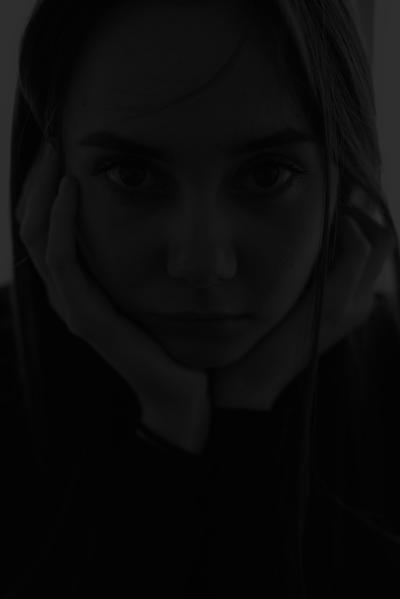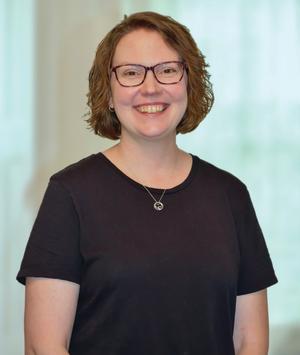Like all cities, Philadelphia struggles with crime.
The Pennsylvania metropolis, home to 1.5 million residents, has taken a new tack to address prostitution in the 21st century.
In 2004, state legislators passed Act 105, which expanded the legal definition of human trafficking to include sex as well as labor. The Philadelphia Anti-Trafficking Coalition, founded in 2005, created a network of helping agencies that offer a way out for women with repeat prostitution convictions.
As a result, the city has seen a significant decrease in the filing of charges related to prostitution, as shown in a 2021 annual report released by the Philadelphia District Attorney’s Office.
“Sex trafficking is one of the largest human rights violations in the world, and it is not being talked about enough.”
Sister Meaghan Patterson, Executive Director of Dawn’s Place
A Place to Rebuild
One of those Philadelphia helping agencies, Dawn’s Place, was co-founded by attorney Mary DeFusco in 2009. DeFusco found that women exiting the criminal justice system had nowhere to go, so she teamed up with Catholic Charities and donors to turn an old home into a safe house. For 14 years, Dawn’s Place has given women a haven where they can recover from the trauma of trafficking and begin to build new lives.

Meaghan Patterson, of Sisters at St. Joseph’s of Philadelphia, is the Executive Director of Dawn’s Place. She came to the position after several decades in the city’s public school system. The COVID-19 pandemic gave Patterson space to mull new career directions; she earned a master’s degree in social work and “kept coming back” to Dawn’s Place when considering employment options.
“Sex trafficking is one of the largest human rights violations in the world,” said Sister Patterson, “and it is not being talked about enough.” Patterson saw a direct link between her church vows and the work being done at Dawn’s Place. “Our mission is unity and reconciliation, to make us one.”
Reconciling a life marked by trauma and exploitation is a multistrand process. First, referred women have to have 30 days clean—no illegal drug use. Second, they have to commit to a year of residency in Dawn’s Place, a group home that can house up to eight women at a time. Third, they have to be ready to do the hard work of healing and recovery.
For more information and resources about human trafficking, visit The Code.
Each resident spends the first six months acclimating to a life not controlled by a trafficker and attending individual and group trauma therapy. A residential coordinator and assistant coordinator, both Dawn’s Place graduates, help the women adjust. In addition to trauma therapy, addiction recovery treatment is offered, and case management helps with getting to appointments, applying for legal documents and working on record expungement. Development Coordinator Eileen Violini calls this “one-stop shopping.”
“When you are working through complex trauma and depression, trying to figure out these things can be really discouraging,” Violini said. “We lower friction for people who don’t need more friction.”
After the first six months, residents begin to prepare for the job market or higher education. Patterson said this work takes place alongside the process of “building back consent and authority—how they can take ownership, be independent, live healthy lives. We don’t heal the women here. We create the space so they can do their own healing.”
Dawn’s Place has worked with over 250 women since opening in 2009. Graduates of the program serve on the board, ensuring that survivor voices are part of the planning and decision-making. Patterson sees this inclusion as a crucial element of the work.
“The women in commercial sexual exploitation—it is being done to them,” Patterson said. “If we could think of that—they are being prostituted; so much of prostitution is being controlled by a pimp—we could stop placing judgment.”
Hotels as Partners
Violini points to the hotel industry as a leader in that perception-shifting work. “This type of education in hotels is so important,” she said of training hotel employees to recognize and report potential trafficking. “Hotels that watch for trafficking really can make a difference in someone’s life.”

Patterson constantly seeks new partners in the unending work of eradicating sex trafficking, from the hotel industry to the legal system.
Her vision goes beyond recovery to abuse’s origin. “Our co-founder Mary DeFusco saw all of the women in the river,” said Patterson. “She asks us to not just fish them out but to go upstream and see who’s throwing them in.”
To report suspected human trafficking, call the police, the U.S. National Human Trafficking Hotline, 1-888-373-7888, or help@humantraffickinghotline.org.